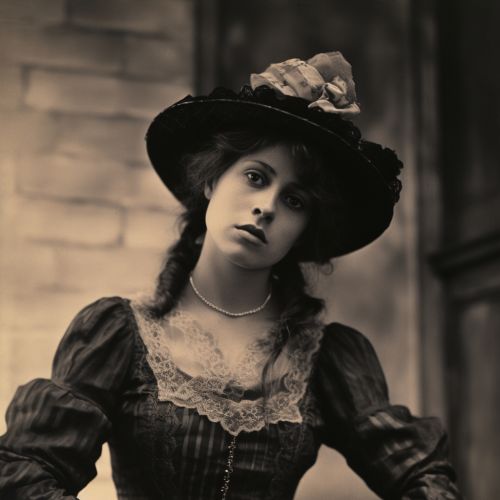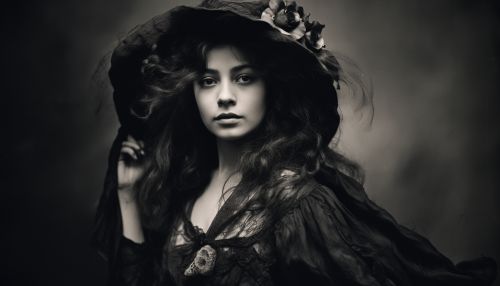Perils of Pauline
Early History
The "Perils of Pauline" is a silent movie series that was first released in 1914. It was produced by the Pathé Brothers film company in the United States. The series was directed by Louis J. Gasnier and Donald MacKenzie and starred Pearl White as the titular character, Pauline. The series is considered one of the earliest examples of the damsel in distress trope in cinema and has had a significant influence on later film and television works.


Plot and Structure
The "Perils of Pauline" is composed of twenty, two-reel episodes. Each episode presents a new danger that Pauline must escape from. The dangers range from being tied to railroad tracks, to being left in a room filling with water, to being left in a hot air balloon that is rapidly losing altitude. The series is notable for its cliffhanger endings, with each episode ending with Pauline in a perilous situation, the resolution of which is not revealed until the next episode.
Influence and Legacy
The "Perils of Pauline" had a significant impact on the film industry. It popularized the serial film format and the use of cliffhanger endings. The series also established the damsel in distress trope, which has been used in countless films and television shows since. The term "perils of Pauline" has even entered the English language as an idiom, referring to a situation filled with dramatic dangers and narrow escapes.
Reception and Criticism
The "Perils of Pauline" was a commercial success upon its release, with audiences eagerly awaiting each new episode. However, the series has been criticized for its portrayal of women. Pauline is often depicted as helpless and in need of rescue, reinforcing gender stereotypes of the time.
Later Adaptations
The success of the "Perils of Pauline" led to several remakes and adaptations. In 1933, a sound film version was produced, starring Evalyn Knapp as Pauline. In 1967, a comedic version was released, with Pat Boone and Pamela Austin in the lead roles. The series has also been referenced and parodied in numerous other works, demonstrating its enduring cultural significance.
